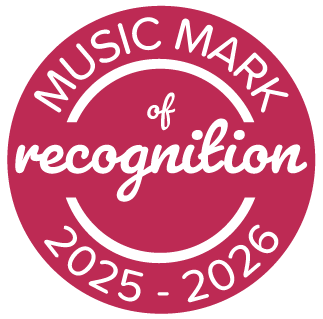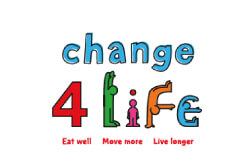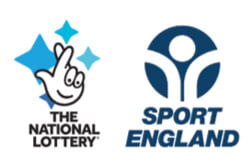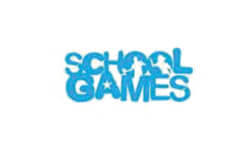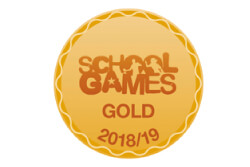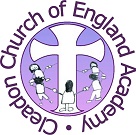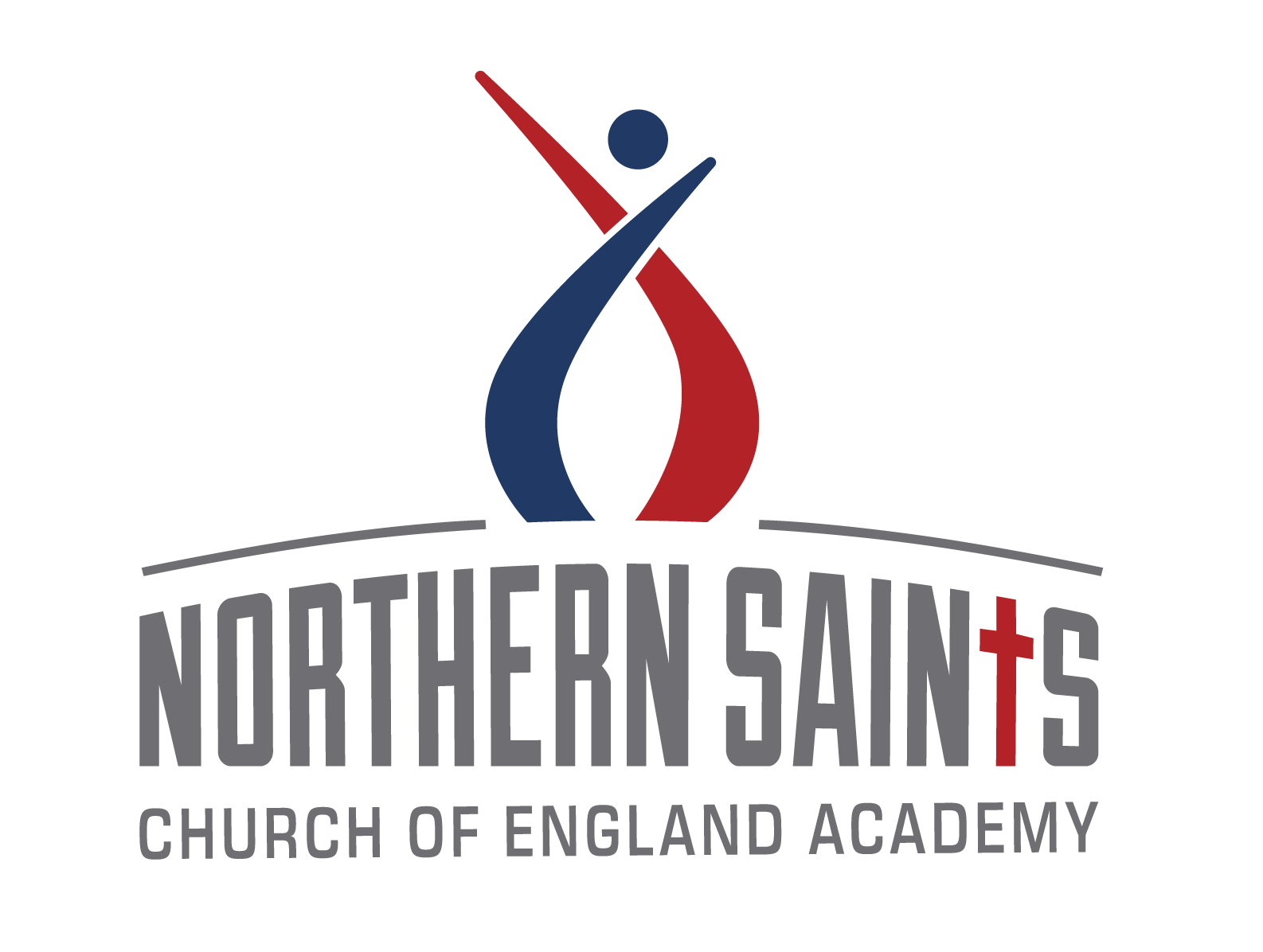Every child has a natural curiosity about the way the world works. Science at St. Mary’s allows children to find out how they can get answers to questions such as ‘Why does the sun seem to move across the sky?’ or ‘Can a bean seed grow upside down?’ Science is the systematic investigation of the physical, chemical and biological aspects of the
world, which relies on first hand experiences and on other sources of information. At St. Mary’s, we aim to develop children’s enjoyment and interest in science and an appreciation of its contribution to all aspects of everyday life now and in the future. We wish to build on children’s curiosity and sense of awe of the natural world through the use of a planned range of investigations and practical activities. At the same time, the children will be able to develop their ability to plan fair tests, make predictions, record results using ICT, diagrams, graphs, tables and charts.
Science is one of the core subjects in the National Curriculum, and we use the National Curriculum as the basis for implementing the statutory requirements of the Programmes of Study for science. Throughout their time at school, children are offered a wide range of extra-curricular activities, visits, trips and visitors to complement and broaden the curriculum. These are purposeful and link with the knowledge being taught in class. A key aspect in children making progress, is building upon the science vocabulary previously taught. Children will be able to confidently use specific vocabulary linked to their year group’s programme of study.
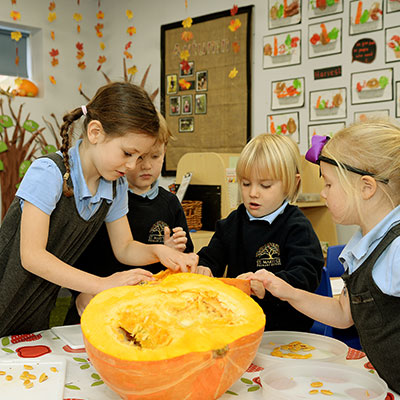
Progression
Our science curriculum is progressive from when the children start school to when they leave. It builds on knowledge and skills so they are ready for the next phase of their education.
Learning Maps
We have created these learning maps to help support children and parents know what key knowledge is going to be taught in our science curriculum. They also show how it links to previous and future learning.


